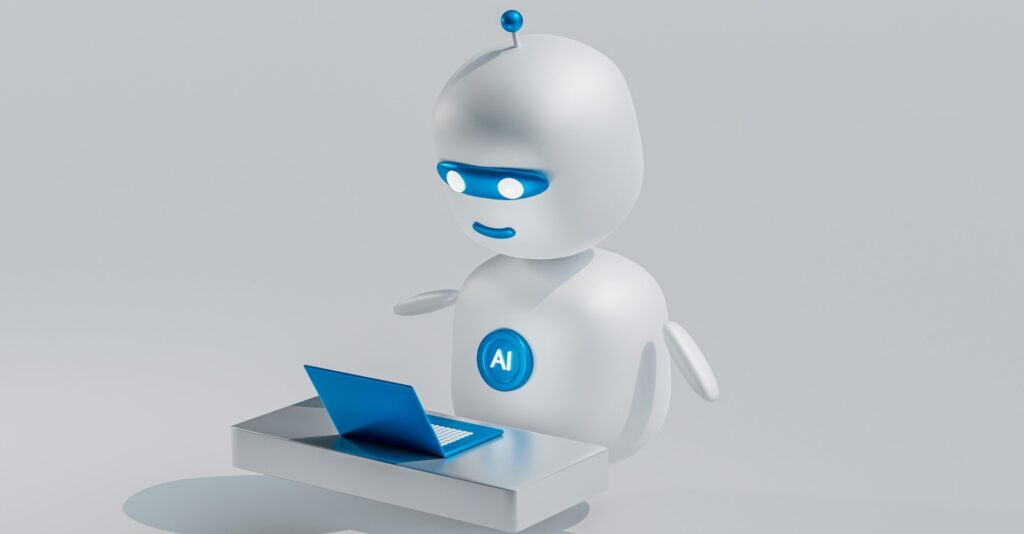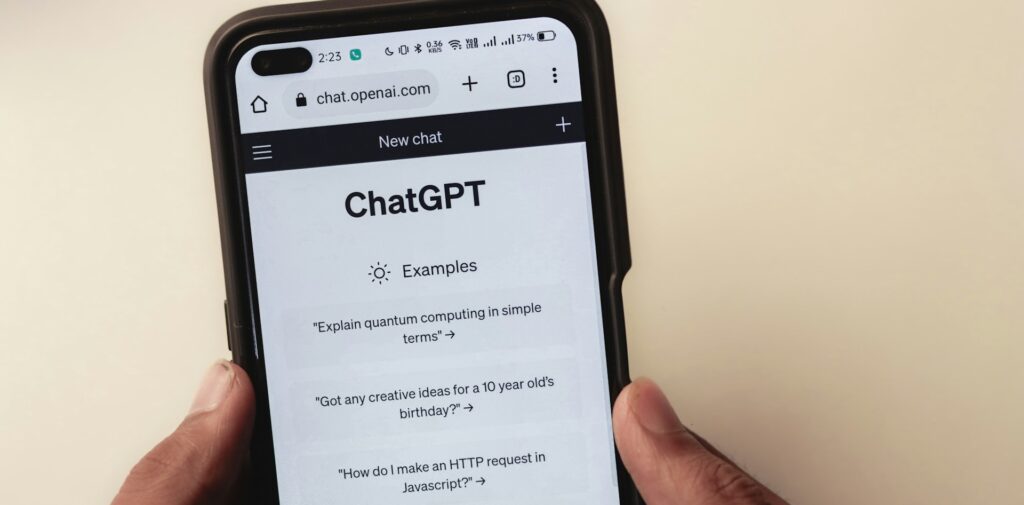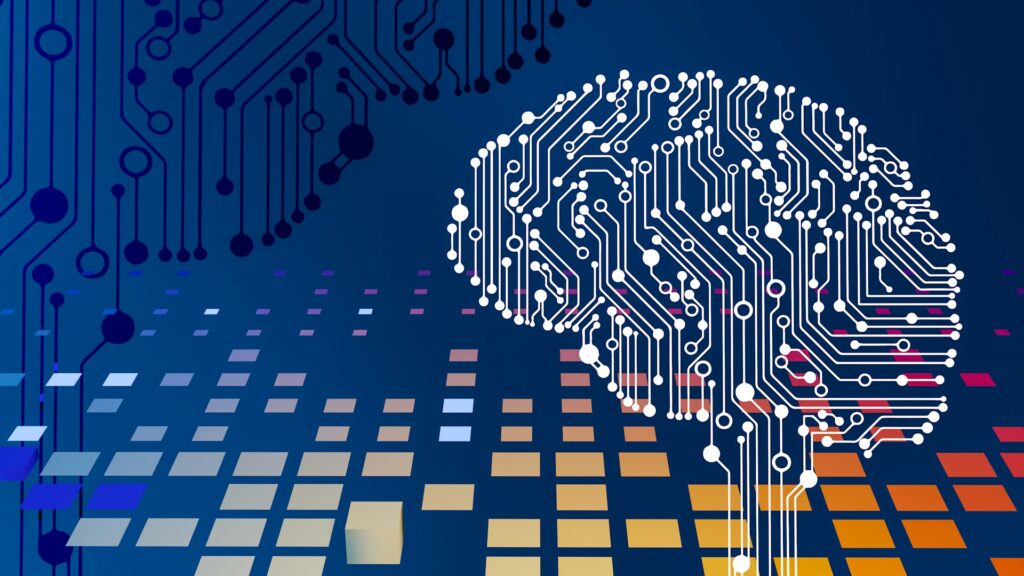“This call may be recorded for quality assurance” is a phrase we have all heard while waiting for our turn with a customer service representative. But how much attention do companies actually pay to those calls in order to unveil information about their clients and their needs?
Not very much, according to Hear.ai co-founder and CEO Noam Fine, who believes that such calls are an overlooked source of valuable data. And his company has developed an artificial intelligence-led platform to unlock the information within those conversations.
Fine says that the entire data of a customer call is usually summarized in a few brief words or lines without an in-depth analysis of the contents of the conversation, which Hear.ai believes could be a trove of information about trends that could be beneficial for businesses.
“Most communication services are at the core digital, which means you have access to data. It could be video, it could be voice, it could be text, but at the end of the day, there’s lots of data there,” Fine tells NoCamels.
“And this data today is basically lost. It’s not analyzed; nobody’s building anything specific on top of it.”

The platform Fine created with his long-term business partner and Hear.ai CTO Yossi Marouani (this is the pair’s fourth venture together) uses artificial intelligence, specifically machine learning and natural language processing, to review the contents of call center conversations with clients and identify trends, ongoing issues and even provide feedback to staff.
To Fine, the concept of analyzing customer calls to better understand their needs seems obvious, even though such a tool did not exist.
“You will see repetitive calls from the same person or from multiple people, but there is no way of looking into the data and asking what was in these calls that made them call again,” he says as an example.
“You will see these repetitive calls, but you don’t know why. And if you want to investigate that, you need tools like ours.”
The fact that this seems so obvious, he explains, is proof that the market was in need of something akin to what Hear.ai is now doing – and the responses they have received is further evidence of that unmet need.
“When I’m meeting a potential customer, and we’re talking, I don’t really have to explain the benefits,” Fine says.
“Actually, what will typically happen is I’ll get a question like ‘just like the other day, I saw repeated calls from somebody, can you tell me why?’ And I’ll say yes, and they’ll want to try it.”
According to Fine, the groundbreaking nature of the Hear.ai platform is essentially disruption in action: “It is an aching for some sort of technology to make the whole experience and what you want to achieve simpler and easier.”
Sign up for our free weekly newsletter
Subscribe
He says that he and Marouani have been interested in AI as a communication tool for almost a decade, exploring chatbots and generative AI before settling on the premise of their current venture.
“We’re looking at these areas where people interact,” he says. “That brings us to the more specific space where we are in, which is the contact center.”
They embarked on the project at a time when predictive AI was hitting public awareness in a significant way.
ChatGPT, the now world-famous chatbot that helps users create clearly defined content, was released in November 2022. By the following January, it was the fastest-growing consumer software in history, with a reported 100 million users per month and a valuation of $29 billion.

While this was not the beginning of AI, Fine explains, it was “the beginning when people really became aware of what AI could do.”
Working with notable speed, the company was founded in April 2023 and by December the product was already in use by businesses in Israel and abroad, including, Fine says, “really nice leading names.”
Based in Tel Aviv, with a team of eight, the company is entirely self-funded, with no backing from accelerators, venture capital firms or traditional supporters of home-grown tech such as the Israel Innovation Authority.
Fine says that the company is still processing customer feedback and refining the platform, while also working on expansion in the global market.

For now, he says, the focus is on call centers, primarily because of the volume of data that can be analyzed, but communication as a tool will be at the heart of any future ventures for these old friends and co-creators.
Their plans do include data analysis for unified communication (UC), which is the integration of multiple services such as instant messaging, video and voice calls, emails and so on. Applying Hear.ai tools to UC, Fine explains, will help create smarter and more effective applications.
“Our vision,” he says, “is the bigger picture around the whole space of communication.”
Related posts

Editors’ & Readers’ Choice: 10 Favorite NoCamels Articles

Forward Facing: What Does The Future Hold For Israeli High-Tech?

Impact Innovation: Israeli Startups That Could Shape Our Future




Facebook comments